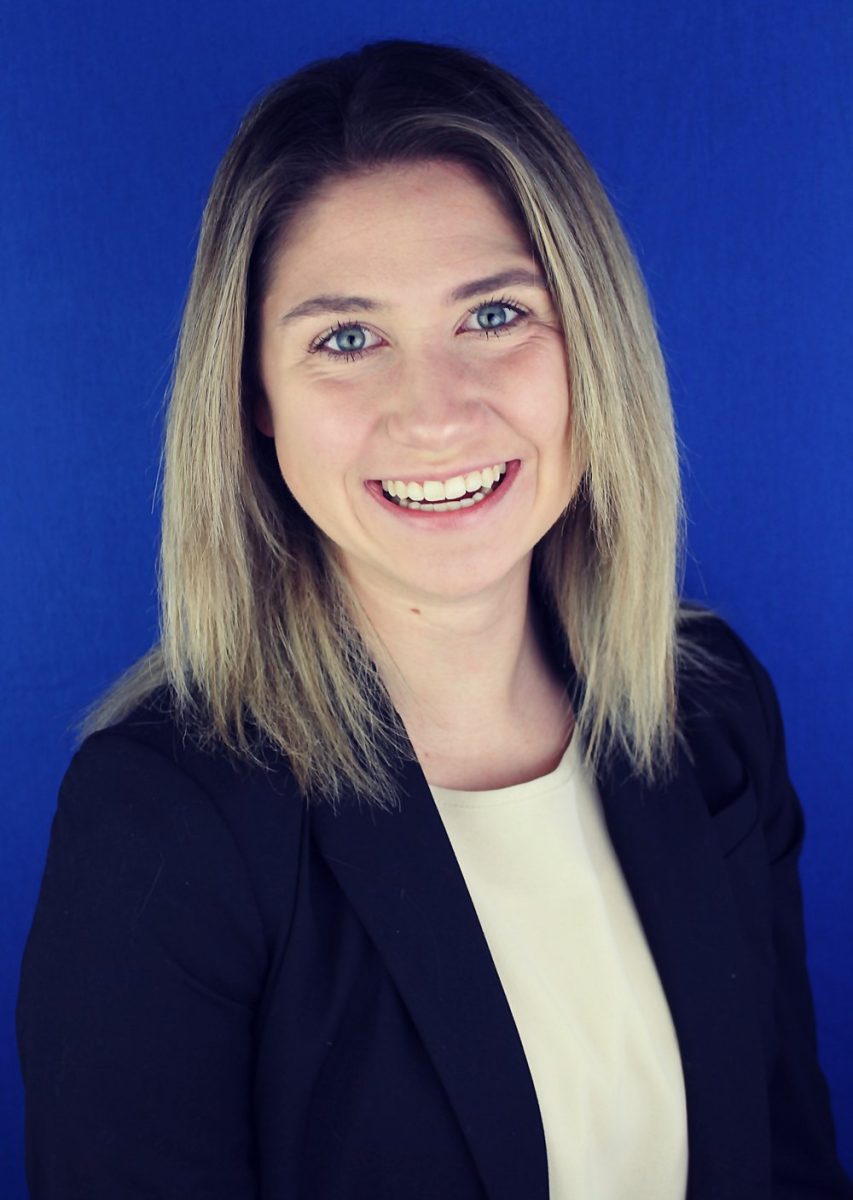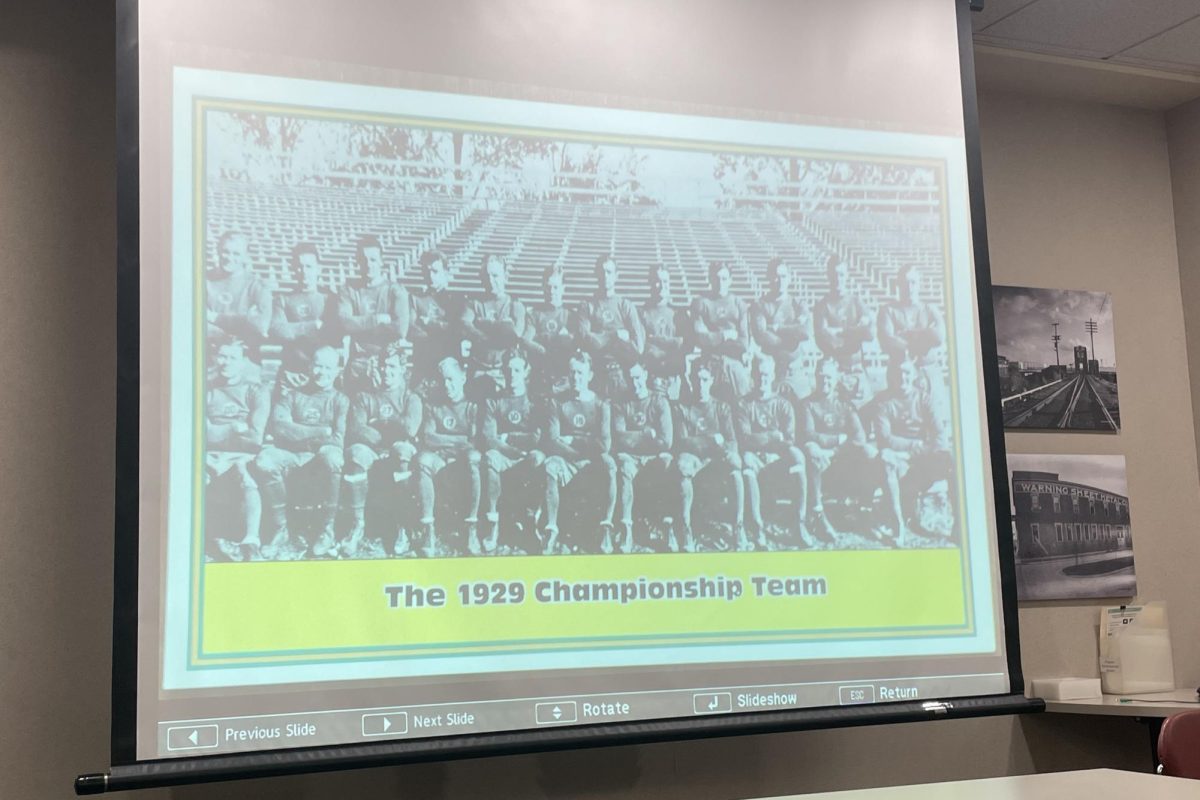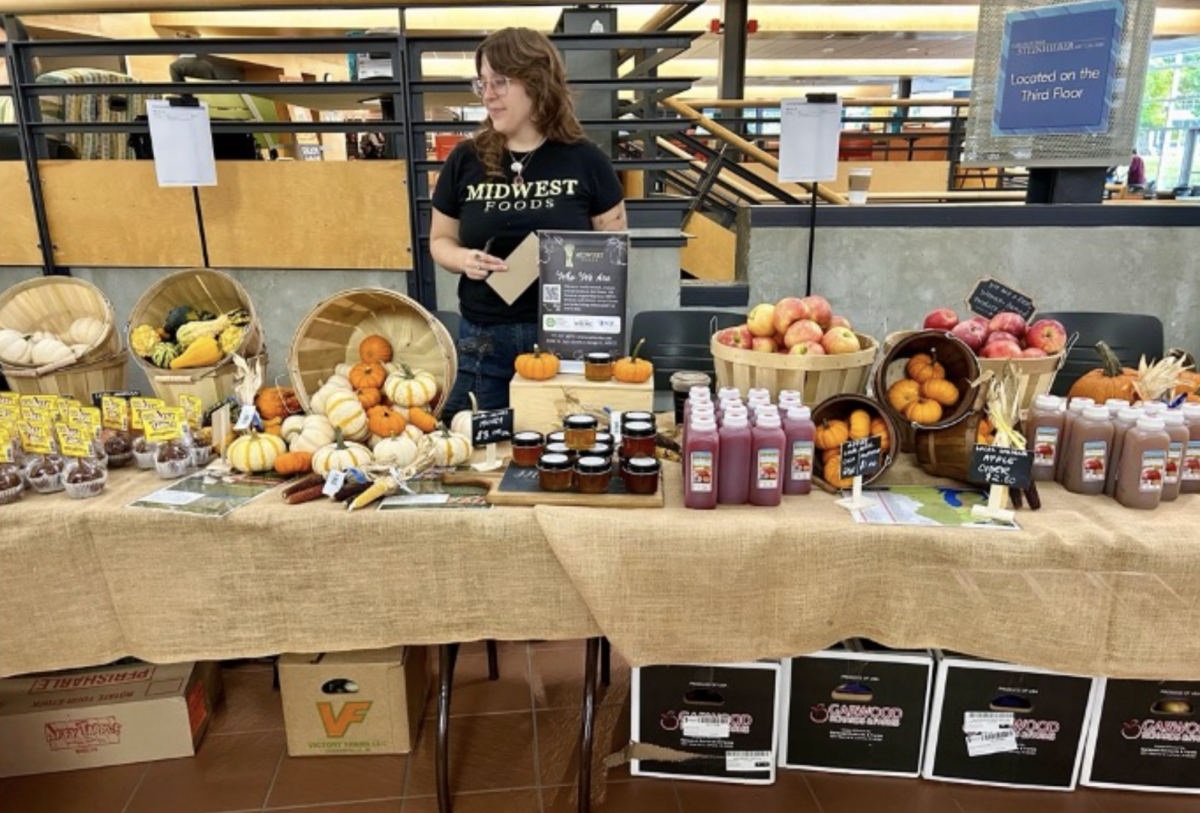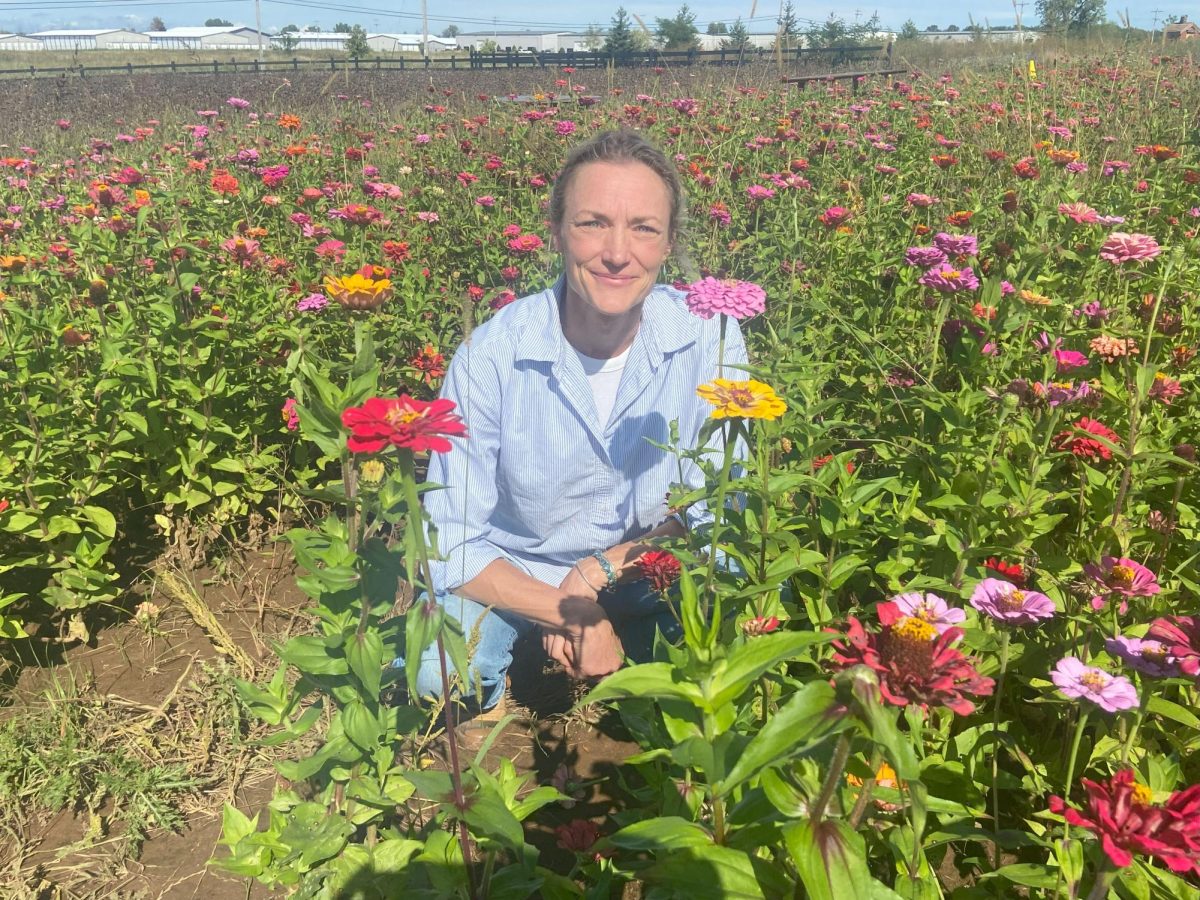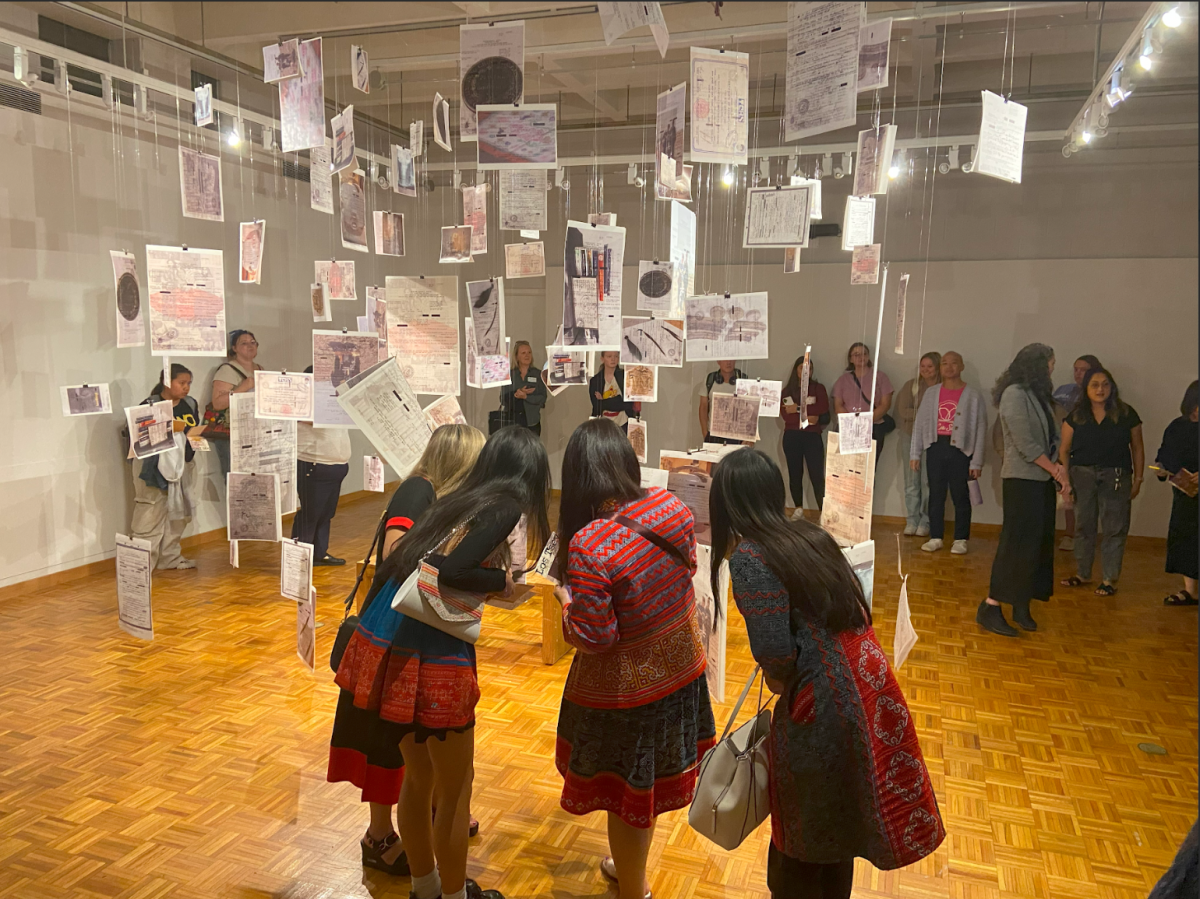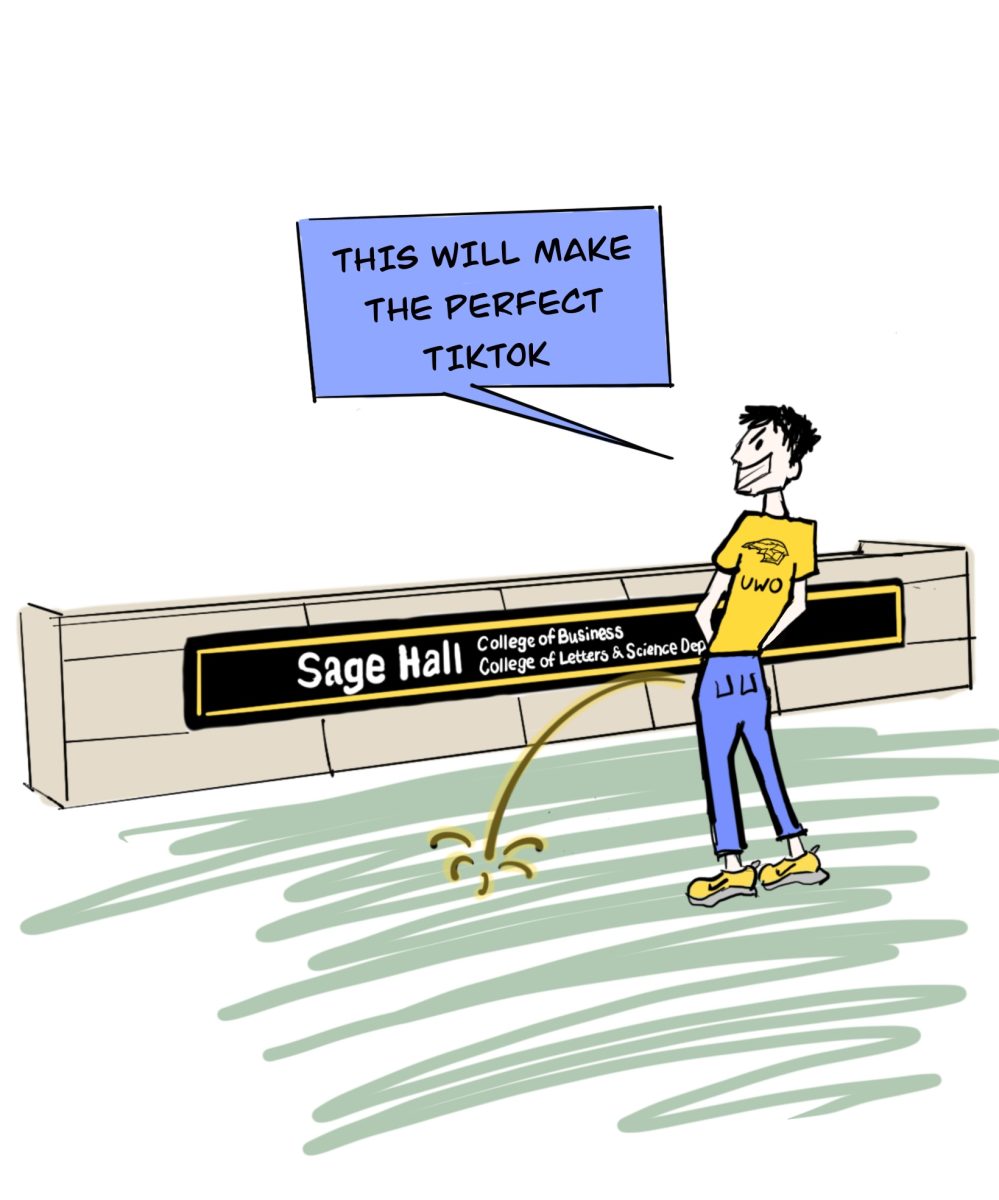Reeve Union’s Workshop Wednesdays partnered with Neenah’s Reach Counseling Services to conduct a sexual assault prevention seminar on March 6, shedding light on drug-facilitated sexual violence prevalent in college settings. Through a presentation conducted by advocate Rachel Parbs, students in attendance learned the importance of situational awareness, consent and encouraging victims to reach out for help.
Parbs, an advocate working closely with UW Oshkosh campuses and Lawrence University, led the discussion, emphasizing the role that substances have in inhibiting an individual’s ability to provide consent to sexual activity, and that victims of sexual assault regardless of race, age and gender are never to blame.
“I’ve seen drug facilitated sexual assaults happen to the stereotypical young person in college, but then also to grown men, women—grown humans,” said Parbs. “So, it really it can happen to anybody, and it’s never the victim’s fault.”
Parbs highlighted commonly used substances facilitated during these assaults, which included everything from recreational drugs like Rohypnol (a common date rape drug) and even other prescription medications such as sleeping aids like Benadryl and anti-anxiety medications. The most overlooked date rape drug, though, is the one that hides right under the noses of its consumers—alcohol.
“Wisconsin is the number one drinking state, we pride ourselves on it,” Parbs said. “But this is a problem because alcohol is the number one date rape drug since it’s so accessible for people.”
Putting this statement into perspective, Parbs informed attendees of shocking statistics showing that 77% of sexual assaults at UW-Madison’s campus occur when there is alcohol involved. She explained that the highest number of sexual assaults occur during campus “red zones,” which are the first six weeks of every semester.
“When students are coming back to campus or they’re freshmen coming to campus, they have all this freedom, so they’re consuming alcohol since they’ve never tried it or other recreational drugs,” said Parbs. “And so, it’s a time that’s heavily used to take advantage of this situation of new drinkers and young individuals.”
Parbs urged her audience to prioritize receiving clear consent when pursuing sexual activity, as well as forming a safety plan with friends, sharing locations with trusted individuals and the possibility of equipping oneself with an AirTag before taking part in activities away from bars or parties. She also suggested only drinking canned alcohol, using a cup cover, never leaving drinks unattended and refusing beverages from others.
Parbs informed students that if they ever believe they were the victim of a drug-facilitated sexual assault they should contact law enforcement right away, contact Reach Counseling, or receive a Sexual Assault Nurse Exam at a local clinic within 12 to 72 hours of the assault.
“They can test your urine or blood for the drug … to see if there’s any drugs that you may have ingested that you didn’t know about, but they also can provide other resources,” Parbs said. “So if you have been sexually assaulted, they can provide you with emergency contraceptives and medications to prevent STIs.”
Parbs closed out the presentation by speaking about Chanel Miller, a sexual assault survivor and advocate for the well-being of victims who appeared at UWO Wednesday. She discussed the importance of Miller’s case, which was one of the first publicized cases to highlight the use of alcohol as a date rape drug.
Parbs encourages students to consider the importance of consent in sexual situations, with or without the presence of alcohol or recreational substances.
“Being able to get consent is a choice,” Parbs said. “And it’s the choice that needs to be made every single time you have a sexual interaction regardless of intoxication.”
If you or anyone you know has been a victim of sexual assault, please contact local law enforcement or Reach Counseling Services for guidance on what steps to take moving forward.


